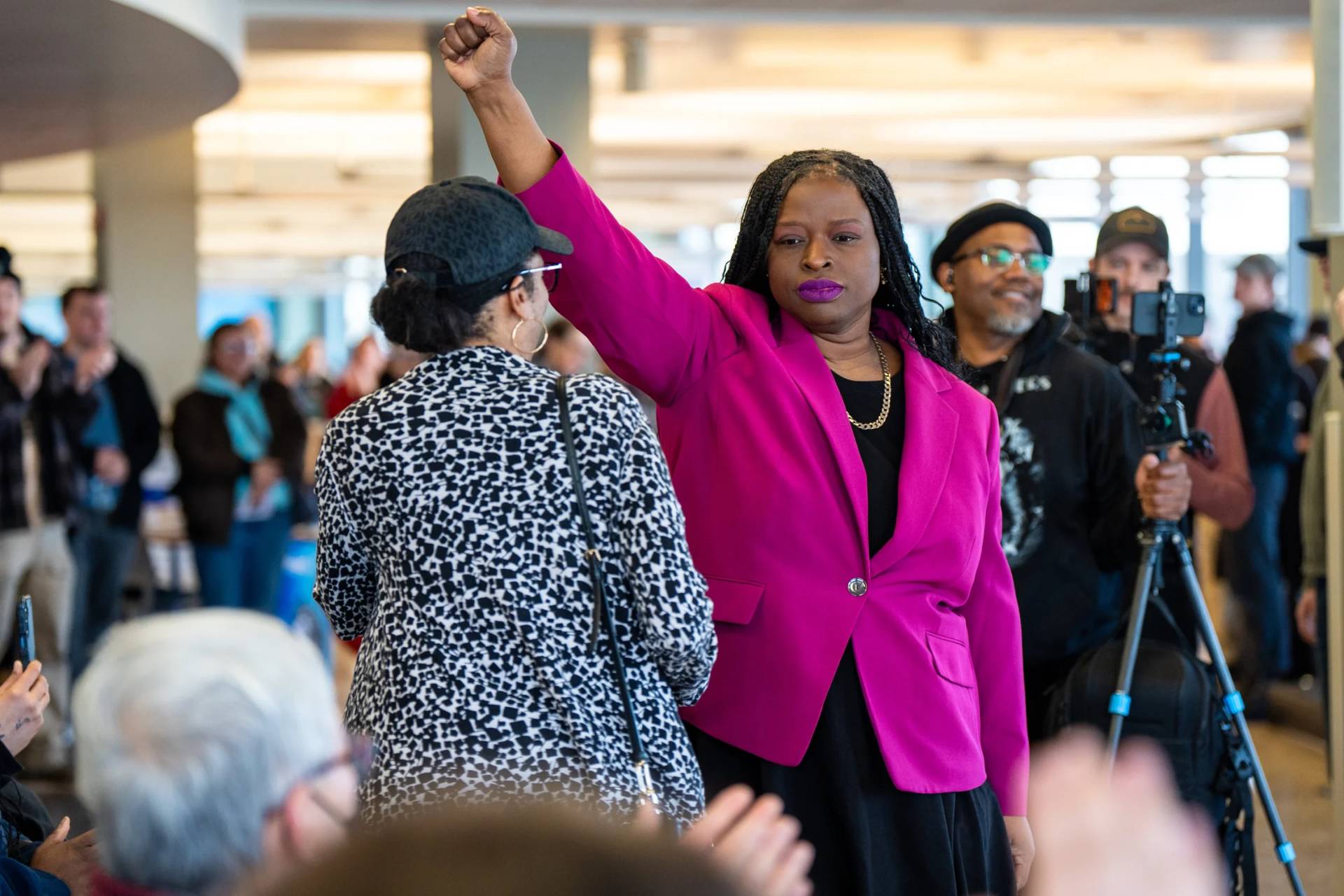NEW YORK – Multiple leaders among the U.S. Catholic bishops came together earlier this week to encourage lawmakers to explore protections for children online, and now the bishops are encouraging Catholics nationwide to do the same.
On June 9, the United States Conference of Catholic Bishops (USCCB) sent out an action alert for Catholics to ask their member of Congress to address the online child exploitation, which they argue “threatens the safety and well-being of our young people and destroys families and communities.”
The action alert follows a June 6 letter four USCCB chairman sent to Congress on the topic. They wrote the letter not just as USCCB chairmen or pastors, but, they acknowledged, also as leaders of an institution that for many years failed to meet its responsibility to protect children.
“Online child exploitation threatens the safety and well-being of our young people and destroys families and communities,” they wrote. “The ability of a child to grow into adulthood in peace and security is both a human right and a demand of the common good: the dignity of the human person requires protections for our young people so that they may flourish as they mature.”
The letter was signed by Archbishop Borys Gudziak of the Archeparchy of Philadelphia, chair of the USCCB Committee on Domestic Justice and Human Development; Bishop James Johnston, Jr., of Kansas City-St. Joseph, chair of the USCCB Committee on the Protection of Children and Young People; Bishop Robert Barron of Winona-Rochester, chair of the USCCB Committee on Laity, Marriage, Family Life and Youth; and Auxiliary Bishop Robert Reed of Boston, chair of the USCCB Committee on Communications.
The chairmen highlighted the distribution of child pornography and the inducement to engage in dangerous and self-destructive activities as two of the main forms of child exploitation. They also note that pornography and depictions of extreme violence are just a few examples of the “destructive media” that is easily accessible online and harmful to young people.
The letter to Congressional leaders comes a little more than a month after Republican Senator Marsha Blackburn of Tennessee and Democratic Senator Richard Blumenthal of Connecticut introduced bipartisan legislation to protect children online.
The Kids Online Safety Act would both require social media companies to make their platforms safer for children, and provide parents with resources to protect their children online. Blackburn and Blumenthal first introduced the legislation in February 2022. The latest iteration of the bill has bipartisan support. It has been cosponsored by more than 30 Senators.
“Big Tech has proven to be incapable of appropriately protecting our children, and it’s time for Congress to step in,” Blackburn said in a statement introducing the bill.
Blumenthal emphasized the negative effects social media has on mental health.
“Record levels of hopelessness and despair – a national teen mental health crisis – have been fueled by black box algorithms featuring eating disorders, bullying, suicidal thoughts, and more,” Blumenthal said in a statement introducing the bill. “Kids and parents want to take back control over their online lives.”
As Congress discerns the best ways to protect children online, the USCCB chairmen outlined three moral principles they encourage lawmakers to keep in mind: respect for life and dignity, the call to family, and the call to community and participation.
Under the respect for life and dignity principle the chairmen focused on pornography, and the ease at which children in the current digital age can access easier than ever before. The bishops acknowledge that eliminating pornography isn’t realistic, but say at the very least there should be legislation in place to “ensure it causes minimum harm.”
“Despite the efforts of caring parents, modern technology has created an open Internet landscape fraught with peril for children,” the chairmen wrote. “There is an immediate need for effective safeguards to ensure children cannot access inappropriate online media.”
With a focus on the call to family, the USCCB chairmen wrote that at a time when parents face increasing challenges protecting their children online, legislation should ensure “that they have the tools necessary to monitor their children’s online activity.”
Finally, under the call to community and participation, the USCCB chairmen highlighted the harmful effects social media can have on the mental health of young people, and emphasized that the importance of the local community should not be forgotten.
“The person is both sacred and social,” the USCCB chairmen wrote. “Social media has introduced new forms of communication and allowed for greater sharing of information, but online networks should not undermine local communities, which are naturally formed by the desire to seek companionship with others.”
Follow John Lavenburg on Twitter: @johnlavenburg














